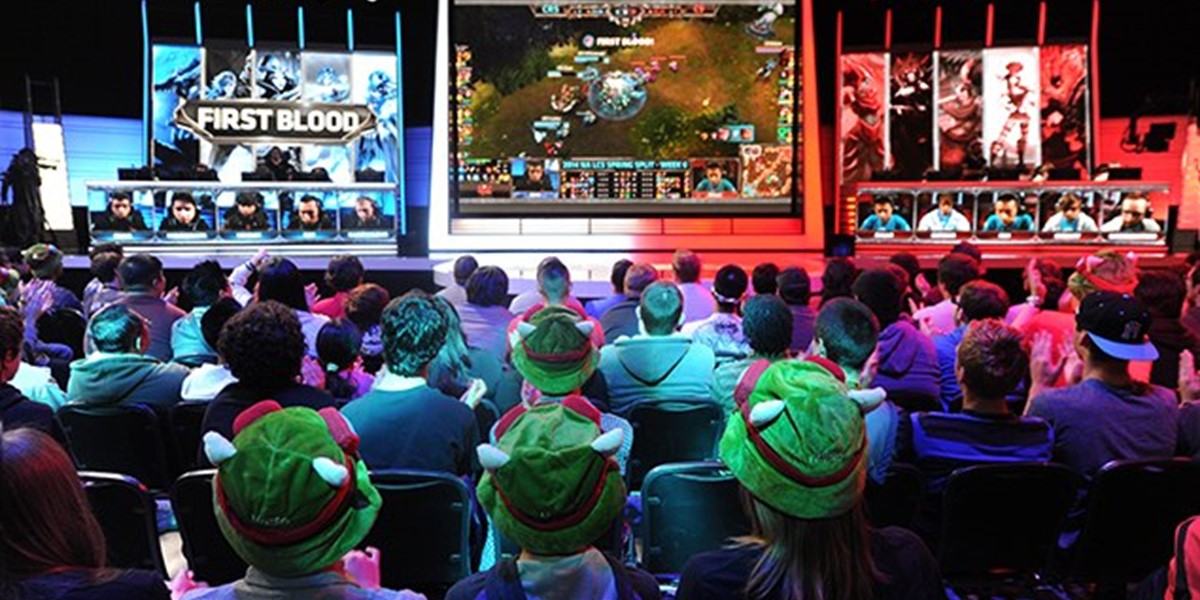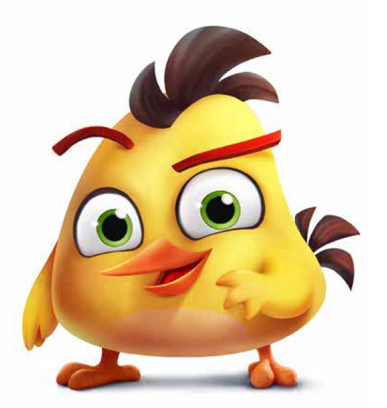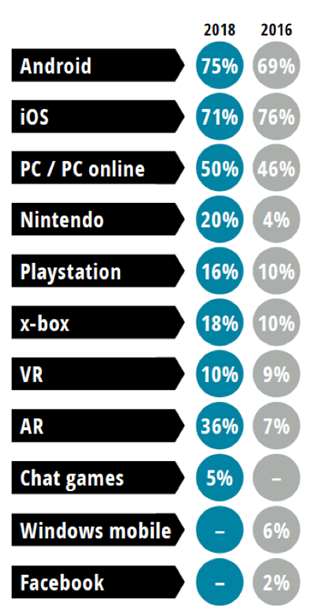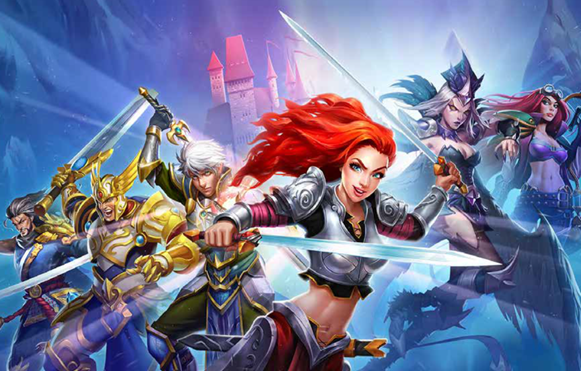Leona Tan Siew Hoon graduated from Indiana University Bloomington, US, majored in Finance and International Business. She started her career as an analyst in a financial-data company in the US. Upon her return to Singapore, she spent a few years in corporate finance before dedicating herself to working as an equity analyst at a brokerage firm in 2004. She joined a large Singaporean asset manager in 2007 and was involved in various roles such as portfolio manager for global and China-India equities funds. She joined Econopolis Singapore Pte Ltd in April 2017 and was responsible for stock selection in the emerging markets funds until 2023. Since then, she has been advising Econopolis on emerging market equity markets as an associate of Sunline (Singapore).
What do Santa Claus and gaming companies have in common? Part 2

After having written about Santa Claus and the origins of the Finish gaming industry in our previous blog post, we will now zoom into the Finnish gaming industry a bit more.
Looking at it from a big picture perspective, the Finnish games industry has been driven by three main factors:
- the high-quality demoscene that existed in the beginning of the 90s,
- the Nokia-driven mobile game development in the early 2000’s,
- and finally the digital distribution of games.
A digital game-changer
The digital distribution of games was a big driver of change in the gaming industry. Digital distribution began on a PC platform but later expanded to consoles and smartphones through Apple’s App Store and Google Play. Once digital distribution of games became possible, game developers were able to reap 70% profits instead of former 15-25%. This made a huge difference, and Rovio’s Angry Birds and its sequels were among the first to benefit from these new opportunities. As markets opened and international investors started to take interest and make investments in Finnish companies, the number of game studios exploded.

PICTURE from Rovio’s game ‘Angry Birds Dream Blast’
Going for multi-platforms
Despite the strong focus on mobile games, Finnish companies continued to design games for other platforms, too. Examples of this would be Remedy’s success stories Alan Wake (for Xbox 360 and Microsft Windows) and Quantum Break (for Microsoft windows and Xbox One) and Colossal (for PlayStation 2).
The most distinctive feature in the latest industry data is the rapid growth of the popularity of Nintendo (Switch) among Finnish developers. Also chat games, which were not even on the list in 2016, are in the focus of some companies. A number of others have chosen VR/AR as their main focus, although especially the VR game market is considered to be quite immature. As has already been the case for some years now, multiplatform development is very common, and most companies develop the same game for several platforms.

CHART: Popularity of the platforms among Finnish game studios
Source: Neogames
Here come the Chinese
Supercell’s success further increased international interest in Finnish gaming. For instance, the Japanese company GungHo Online Entertainment and its parent SoftBank acquired 51% of Supercell in 2013. Subsequently, in 2016, a Luxembourg consortium, which included Tencent, acquired an 81.4% interest in Supercell and this year, Tencent increased its stake in the consortium from 50% to 51.2%.
Also, in 2015, Finnish gaming start-up Reforged Studios got $2.5 million from one of the largest Chinese technology companies, NetEase.
Globally successful
On top of that, some Finnish gaming start-ups have raised millions and include names such as Boomlagoon, PlayRaven, Next Games, Small Giant Games and Remedy, known for its hit game, Max Payne.
In 2018, Zynga, an American social game developer, acquired 80% of the Helsinki-based mobile game maker Small Giant Games, the creator of the hit title Empires & Puzzles and one of the fastest growing mobile game studios in the world.

PICTURE from Small Giant’s game ‘Empires & Puzzles’
So it’s quite clear that there has been an increasing interest from international investors who started to take notice and make investments in Finnish gaming companies. As the global gaming industry has continued to grow nicely over the past couple of years, the Finnish gaming industry has been one of the fastest growing. In 2016, the Finnish gaming industry set a then record-high turnover of € 2.5 billion. The share of the Finnish mobile game development was roughly 7% of the global revenue of € 35 billion. And with that, the golden era of mobile games had started in Finland.
A global gaming hub
All in all, the Finnish game industry houses a vibrant, globally connected hub of game developers and the technologically creative brands with companies like Small Giant, Next Games, Rovio, Supercell, Remedy, Seriously, and Fingersoft, all of them major European and global game studios. When you are visiting Santa in Finland, why not take the chance to meet some of them too? Or play one of their games.
